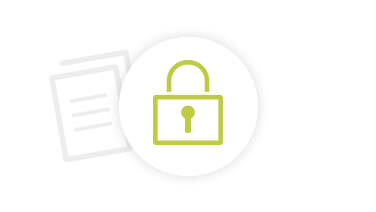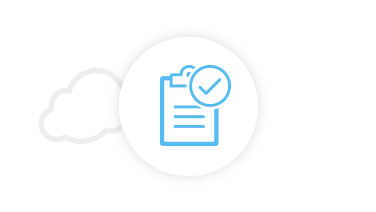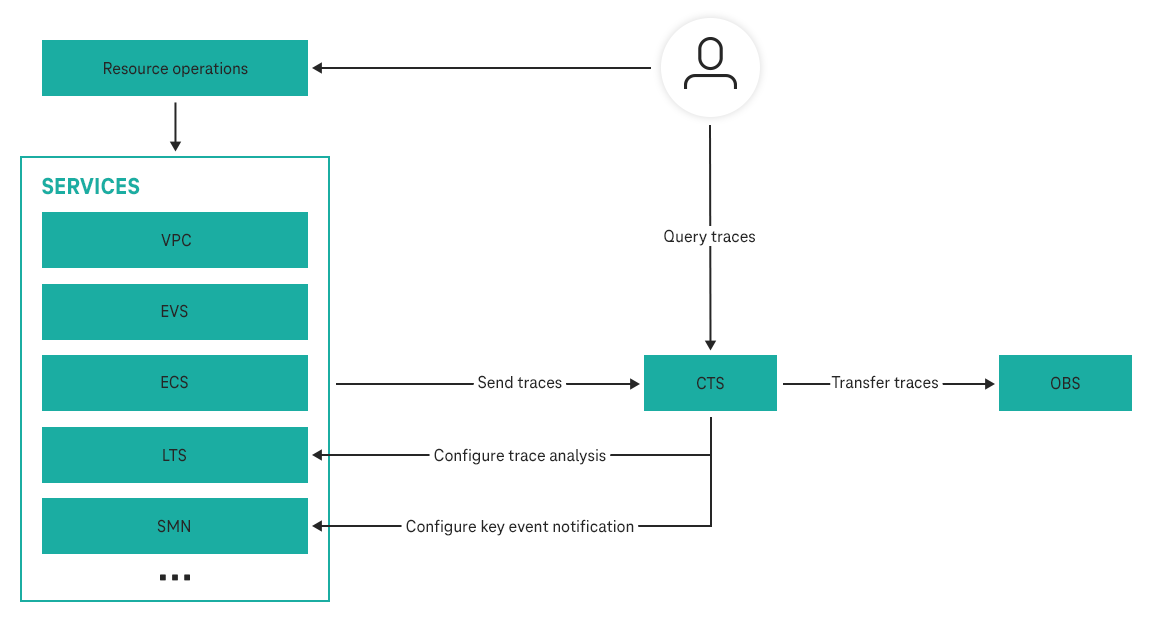When the landscapes managed in a cloud become larger or when they become subject to greater demands (auditability), it is especially important to be able to trace when which resources were accessed and by whom. Clouds offer tools that make background processes transparent and that create corresponding logs, which are often important when services need to be audited (e.g. internal and external audit requests from payment service providers and others). Moreover, logs make security-related monitoring easier and help when searching for or eliminating errors.
Cloud Trace Service (CTS) is an effective monitoring tool that allows users to analyze their cloud resources using traces. A tracker is automatically generated when the service is started and monitors access to all the respective user’s cloud resources using the generated traces. The monitoring logs can be saved long-term and cost-effectively in the Object Storage Service (OBS). The CTS can also be used in conjunction with Simple Message Notification (SMN), allowing the user to receive a message when certain events occur.
The use of Cloud Trace Service is free of charge. Charges may apply for the configuration or integration of other services in CTS (see Structure and Function). See our service description for details.












